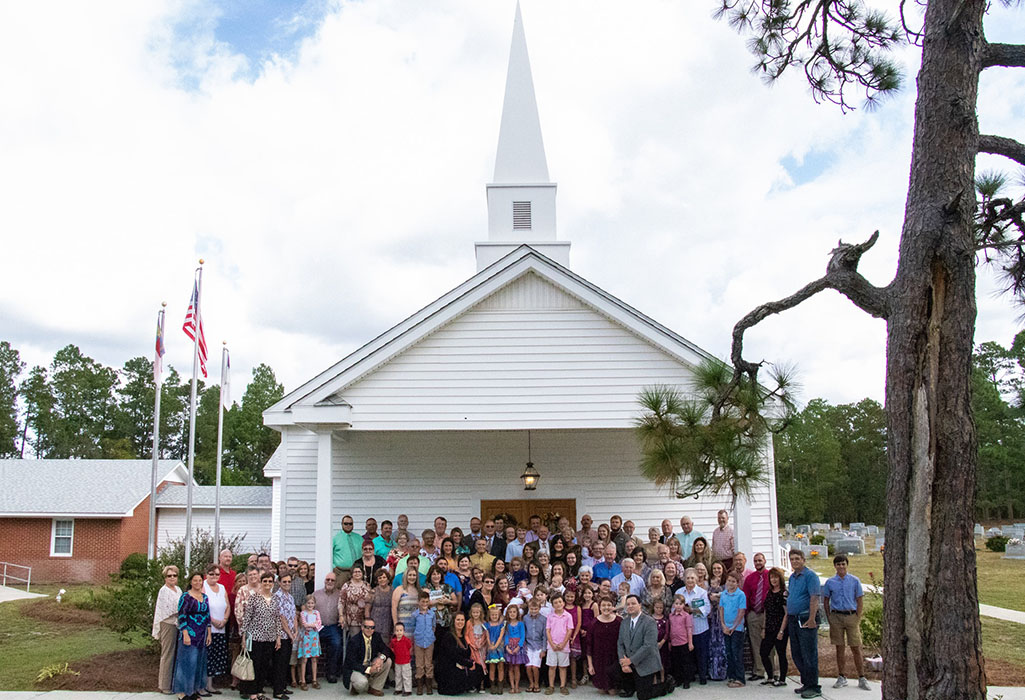OK, I’ll ask the question that no one seems to want to voice. Why is the Southern Baptist Convention (SBC) and its associated state conventions spending so much energy, printed emphasis, and money on church planting when the majority of the existing member churches are either plateaued or declining? It appears to be some convoluted asset relocation campaign. It’s like we’re organizationally stating that all the churches who are slowly dying need to send us a higher percentage of their dwindling budgets so we can send church planters into their community to reach all the people that they can’t connect with. That just doesn’t make sense.
The SBC has dying churches that have people, financial, and real estate assets that are true Kingdom resources. Where is the emphasis for these churches to examine their methodology and organizational structure to identify where they are falling short in reaching their community? Sure, we do church revitalization at some levels, but what most of our churches need is a systemic, soul-level shift to recognize the disconnect between their presentation of the gospel and the needs of our culture.
It seems that most of the church planters get it. If you pay attention to their approaches to church operation, they are primarily geared to connect with culture where the greatest needs are. There is a consistent theme of home groups with a missional heart, casual atmosphere, contemporary worship, sound biblical teaching, and an openness to every lost soul. Yet, most SBC churches are locked into a deadly means-end inversion that is tradition based and seemingly unbreakable.
I know a lot of traditional churches are adding contemporary services at 8:30 in the morning as long as it doesn’t interfere with what has always been done in the past. Some are changing the name of Sunday School to Life Groups. These might be small steps in the right direction, but do not represent the kind of change that is truly needed. What is called for is a total renovation beginning with a biblical view of the challenge to the Church and work of its early leaders.
The work of leading an established congregation through dramatic change is difficult to say the least. The work of planting a church from scratch is equally as challenging. Either way the gospel wins. I am not against church planting. But, I am certainly against planting churches where doing the daunting task of changing a church culture would give new life to existing kingdom resources. I think the SBC could, and should, do both effectively. I just feel that there is a reticence to ruffling the traditional feathers because there is a danger in alienating the congregations that are paying the bills.
The truth is that most of our churches are operating with a methodology designed for a modern world and in some cases even a pre-modern world. Our culture has now shifted post-modern and beyond. The packaging of the gospel has to shift in order to be received by those shaped by the dramatic shifts in worldview.
I say we work together to encourage our best young leaders to take on the task of leading older churches through change as well as sending some off to plant churches in growing communities. I encourage our seminaries to emphasize effective means for leading through change in the church leadership curriculum. There are too many resources that are being wasted in these dying churches. There are too many people dying without Christ for us to be satisfied with the status quo. We must be driven together to be all things to all people so that by all means we might save some (1 Corinthians 9:22).
This means that we might have to have difficult conversations with some church leaders. It means that many people will have to make sacrifices of personal preference in order for those walking in darkness to find the beautiful light of the gospel.
The SBC can be an effective church planting organization while also honestly examining the performance of its existing churches with the intention to take aggressive action toward necessary change for the sake of the gospel.
(EDITOR’S NOTE – Paul Roberts is pastor of Quest Fellowship in Garner.)


